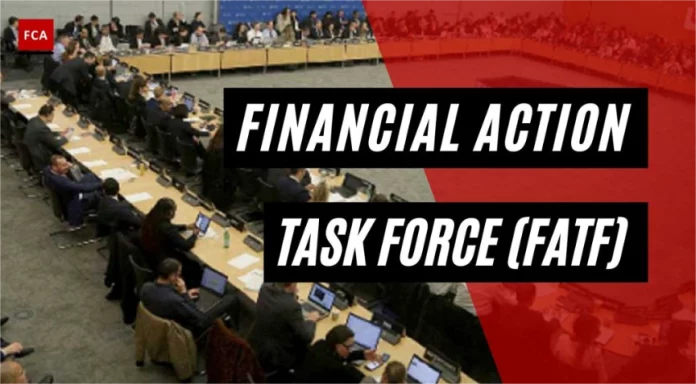
President Bola Tinubu has hailed Nigeria’s removal from the Financial Action Task Force (FATF) “grey list” as a major milestone for the country’s economy and financial integrity, describing it as “a strategic victory for our economy and a renewed vote of confidence in Nigeria’s financial governance.”
The FATF, which serves as the global watchdog on money laundering and terrorist financing, announced Nigeria’s delisting at its October 2025 plenary session held in Paris, France. The decision came after Nigeria fully implemented a 19-point action plan aimed at strengthening its Anti-Money Laundering and Countering the Financing of Terrorism (AML/CFT) framework.
In a statement released by his Special Adviser on Information and Strategy, Bayo Onanuga, President Tinubu said the achievement reflected his administration’s determination to restore credibility and transparency to Nigeria’s financial system.
“Nigeria’s removal from the grey list is not just a technical accomplishment but a strategic victory,” Tinubu said. “It reaffirms our position as a trusted player in the global financial community.”
Nigeria was placed on the FATF grey list in February 2023 due to weak enforcement mechanisms, poor inter-agency coordination, and opaque financial practices. Tinubu said his administration treated the designation as a challenge to drive reforms, directing key agencies to introduce sweeping structural and legal changes.
Under his directive, the Nigerian Financial Intelligence Unit (NFIU), in collaboration with the Ministries of Finance, Justice, and Interior, as well as the Office of the Attorney-General, led a coordinated national effort to meet FATF standards.
Tinubu praised NFIU Director and Chief Executive Officer, Hafsat Bakari, for leading the process. “Her team’s diligent and timely implementation of Nigeria’s commitments earned the country international recognition for tackling serious financial crimes,” he said.
Bakari confirmed the FATF decision in a statement, calling it “a true test of the country’s resilience, coordination, and unwavering commitment to reform.”
“The FATF has officially removed Nigeria from the list of jurisdictions under increased monitoring, commonly known as the grey list,” she said. “This milestone marks a historic moment in Nigeria’s fight against serious financial crimes and underscores our commitment to global standards.”
She highlighted key reforms that contributed to the delisting, including the enforcement of the Money Laundering (Prevention and Prohibition) Act 2022 and the Terrorism (Prevention and Prohibition) Act 2022, as well as the operationalisation of the Beneficial Ownership Register. The reforms also strengthened oversight of designated non-financial businesses and enhanced the ability of intelligence and law enforcement agencies to investigate and prosecute financial crimes.
Bakari commended President Tinubu’s leadership, the National Assembly, the judiciary, and private sector partners, urging all stakeholders to maintain the reform momentum to preserve global compliance.
At the same plenary, the FATF also removed South Africa, Mozambique, and Burkina Faso from the grey list, citing major improvements in their financial integrity systems.
Analysts said Nigeria’s exit from the watchlist is expected to ease cross-border transactions, attract foreign investment, and boost confidence in the country’s financial sector.
Tinubu said the decision marked “the beginning of a new chapter in Nigeria’s financial reform agenda,” pledging that his administration would “sustain institutional reforms, deepen collaboration, and continue to build a financial system that Nigerians and the world can trust.”



